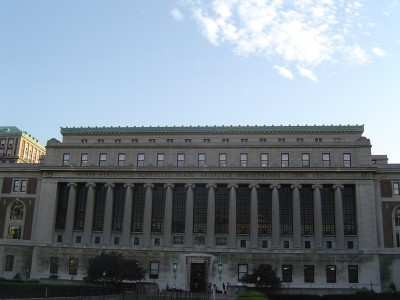
Yesterday afternoon, I saw Fincher’s The Social Network with fingers-crossed that Sorkin’s bantery dialogue wouldn’t cause me to cringe like a bad number on Glee. I’ll blog about the film on rhizomicon this weekend, but the film reminded me of several aspects of the sociology of online spaces I’ve been mulling over. The film depicted Harvard in 2003 where a hierarchical social order existed in the face-to-face realm. Mark Zuckerberg ran with the idea of taking the collegiate de Certeauean everyday, in all of its mundane glory…online
Facebook is perhaps the perfect Web 2.0 app. User-driven content, interactive information sharing within social networks, etc. etc. Facebook allows users to create multidimensional fielded networks, using Bourdieu’s concept of field/champs. Here’s a summary from an Economist article from last year on the sociology of Facebook, based on how people use the site.
Not surprisingly, we tend to interact with a finite number of other people in our social networks. I’m thinking that as we move into Web 3.0, there will be pressure towards…a diversity of ties. We will be able to interact with others not on the basis of extant contacts and networks, but on other dimensions that may even be latent, e.g., a penchant for music in 3/4 time or a love of books with socialist themes.

Last.fm allows users to find others that have similar musical tastes, find similar bands to those with profiles, and friend others. Here’s an analysis {in French} of a Last.fm network [Google translation] with great interactive visualizations. Each artist on Last.fm has users who like and listen to them. The data is being ported to other sites, such as Songkick, that uses feeds to populate a database of live shows. I think it’s a powerful concept to be able to find like-minded others who might be right next door or around the globe.
Web 3.0 or the semantic web won’t destroy Web 2.0, but will shift focus from user-driven content to the utilization of users’ data. This will push social networking away from user-defined networks and I feel it will foster more tie diversity, not necessarily in terms of demographics, although this is a possibility, but in terms of geography and psychographics. Will Facebook be able to adapt to a scenario of users’ forging multiplex ties based on data or will it get bogged down with user expectations of what the site means to them and those clinginging to the notion of privacy?


